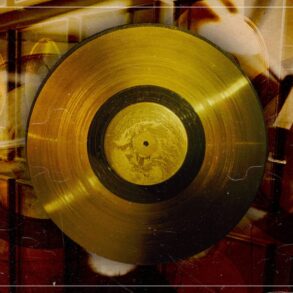Former Eminem employee charged for selling rapper’s unreleased music
Should Joseph Strange be convicted of copyright infringement, he could face a maximum prison sentence of five years along with a fine of up to $250,000.
A former employee of American rapper Eminem has been charged with criminal copyright infringement and interstate transportation of stolen goods after allegedly selling unreleased music by the Grammy-winning rapper, according to a report by Rolling Stone.

According to an official complaint, the FBI was first notified of the matter on 16 January 2025 by staff members at Eminem’s recording studio in Michigan, US. Employees had discovered that unreleased tracks created by the rapper, whose real name is Marshall Bruce Mathers III, had surfaced online and were being offered for sale. Upon further examination, they recognised an image circulating on the internet that displayed a list of the unreleased songs. The studio staff immediately identified the image as one taken from a hard drive located within the premises.
The FBI launched an investigation and was able to trace multiple individuals who had purchased the unauthorised music. Upon questioning, these buyers identified Joseph Strange, a former employee of Eminem’s team, as the person responsible for distributing the material. Strange had worked with the rapper from approximately 2007 until 2021.
A press release issued in connection with the case emphasised that the music in question “was still in the process of being developed by” the artist when it was leaked. The sale of unfinished and unreleased material is considered a serious violation of intellectual property rights, as it undermines the creative control and financial value of an artist’s work.
Acting United States Attorney Julie Beck, who announced the charges against Strange, reinforced the significance of protecting original content from unauthorised distribution. “Protecting intellectual property from thieves is critical in safeguarding the exclusive rights of creators and protecting their original work from reproduction and distribution by individuals who seek to profit from the creative output of others,” she stated.
If convicted of criminal copyright infringement, Strange could face a maximum prison sentence of five years along with a fine of up to $250,000. In addition, a conviction for interstate transportation of stolen goods could result in a maximum sentence of ten years in prison.
The case highlights the ongoing challenges faced by artists in protecting their creative work in the digital age, where leaks and unauthorised distribution can rapidly spread across the internet, potentially causing significant financial and artistic damage.
See More
This post was originally published on this site be sure to check out more of their content







